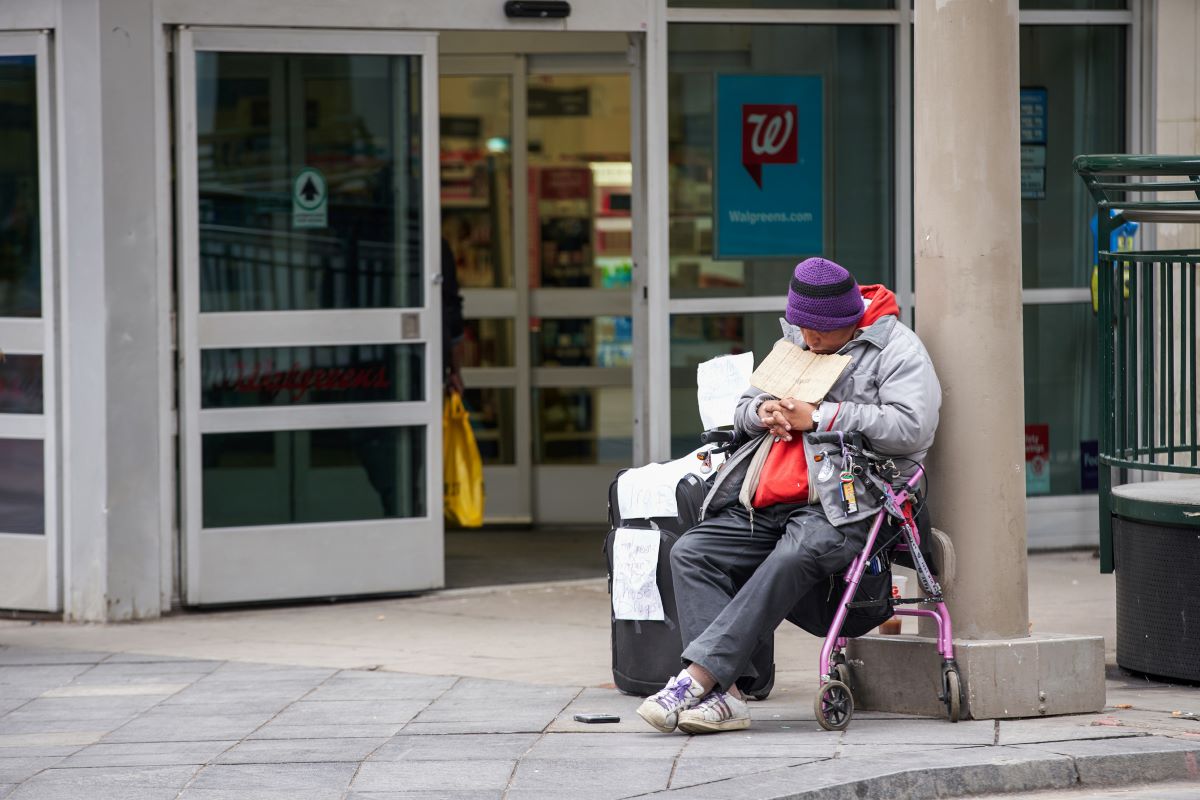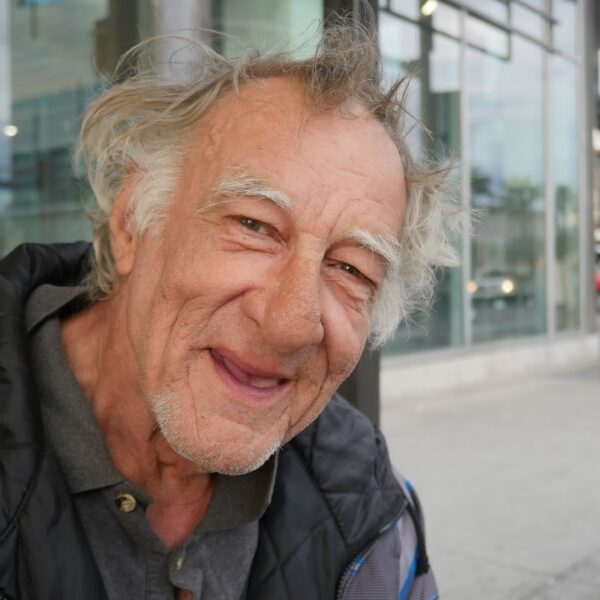A recent survey conducted by advocates with Housekeys Action Network Denver reveals that a lack of affordable housing is the primary barrier that unhoused folks face when trying to escape homelessness.
The survey included responses from 828 houseless people in Denver. It was released shortly before Denver’s municipal election in April, a race largely focused on housing affordability and homelessness. It also suggests that increasing affordable housing options could reduce rates of homelessness across the country.
If we are working to ‘end homelessness,‘ as so often is stated, this work must be directed by houseless people themselves,” the survey concluded. “Lived experience offers an intimate understanding and ability to identify current and foreseeable obstacles that perpetuate this ever-pressing issue.”
How Housing Affordability Impacts Homelessness
Housing affordability quickly became a hot topic during the coronavirus pandemic as the demand for non-congregate shelters significantly increased. Since March 2020, the U.S. median home price has increased by 27% from around $320,000 to more than $407,000, according to data from Redfin.
Renters have faced similar affordability challenges as rents have soared by more than 20% in the last two years. The U.S. median rent stood at more than $1,900 per month in May, meaning that renters must make around $76,000 annually to avoid paying more than 30% of their income on rent and utilities.
These factors have made it increasingly difficult for low-income earners to stay in their homes. A 2020 report by the Government Accountability Office found that a $100 increase in rent corresponds with a 9% increase in local rates of homelessness.
Meanwhile, the most recent Household Pulse Survey from the Census Bureau found more than 2.5 million Americans are either “somewhat” or “very” likely to be evicted from their homes over the next two months. The data shows that about 80% of those facing eviction make less than $50,000 per year.
At the same time, developers across the country have struggled to deliver enough affordable housing units for the people who need them most. For example, more than 80% of HAND survey respondents said they could only pay about $1,000 monthly for housing in Denver. However, listings compiled by Zillow show there are only 21 units for rent in Denver at this price level.
Housing That Meets the Needs of Homeless People
Outside of affordable housing, a plurality of survey respondents said their next biggest impediment to housing was program rules that they described as “deal-breakers.” Some examples include curfews, limiting guest stays, or requiring participants to participate in religious activities.
“Viewing the support people ask for broken down in this way can help identify the resources our community needs so we can work to address them,” the survey said. “Just saying that housing is ‘supportive’ does not necessarily mean the residents’ support needs are being met.”
These complaints are like ones that Invisible People has cataloged over the years. For instance, Dullanni in San Diego has struggled to maintain a job in recent years partly because the city’s shelter system doesn’t have enough room for him on most nights. So, he chooses to camp in the woods instead. Nicole in Los Angeles has been unable to access shelter because she has a mental illness and hasn’t been able to get treatment.
These are just a few examples of how some homeless service programs do not meet the needs of unhoused folks who need their services. The HAND survey also shows that the most common service that unhoused folks in Denver receive is a shelter voucher, even though the facilities lack the amenities guests reported wanting.
As a result, HAND survey respondents reported that they have “lost faith” in Denver’s housing system. They reported waiting between 2.4 years and 4 years to find stable housing, and more than 50% said they were unaware of the services that are available to them.
Public Housing May Offer a Solution
The HAND survey also revealed that increasing public housing options could remediate some of the issues that respondents mentioned. However, this approach heavily depends on politicians supporting the plan, and evidence suggests that such support is waning.
According to the survey, over the last decade, there has been an 18% reduction in funding for public housing projects and a 13% cut in housing voucher programs. Nationwide, more than 228,000 public housing units for low-income earners have also disappeared.
Denver has seen more than 1,400 public housing units and 721 housing vouchers disappear over the same time frame, HAND found. Meanwhile, the organization also found that Denverites who do receive a housing voucher have about an 8% chance of being placed into housing because of delays associated with the process.
“Ensuring these resources are available and accessible is critical for those who need these supports to meet their basic needs,” the survey said.













